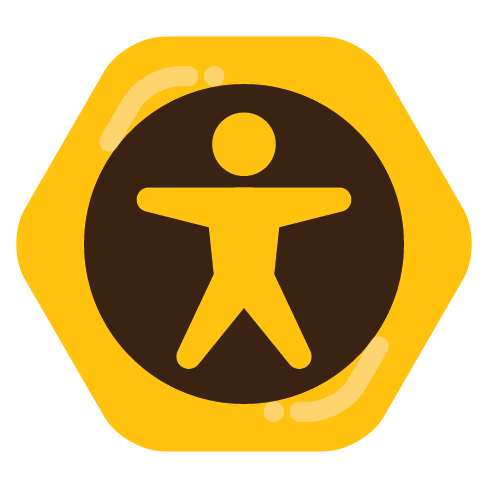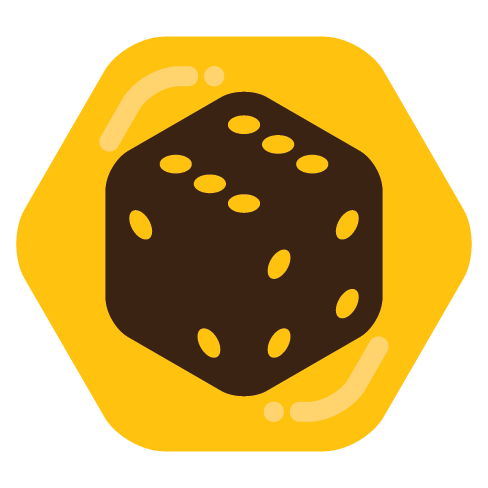

Hm… I’d actually disagree with that conclusion? I think what the author is saying there is that ableism isn’t simply a matter of the words being used. A statement that treats disabled people as subhuman isn’t okay because it avoids using these words - it’s still ableist.
From the beginning of the article (emphasis mine):
Note that only some of the words on this page are actually slurs. Many of the words and phrases on this page are not generally considered slurs, and in fact, may not actually be hurtful, upsetting, retraumatizing, or offensive to many disabled people. They are simply considered ableist (the way that referring to a woman as emotionally fragile is sexist, but not a slur).
Not everyone has the ability to be mindful of how certain language originated in ableism and this reinforces it. But for those of us who can, it’s a good idea to try.







I’m so glad they recommended it for all ages. Get boosted and wear an n95 mask, folks! This surge isn’t looking good.